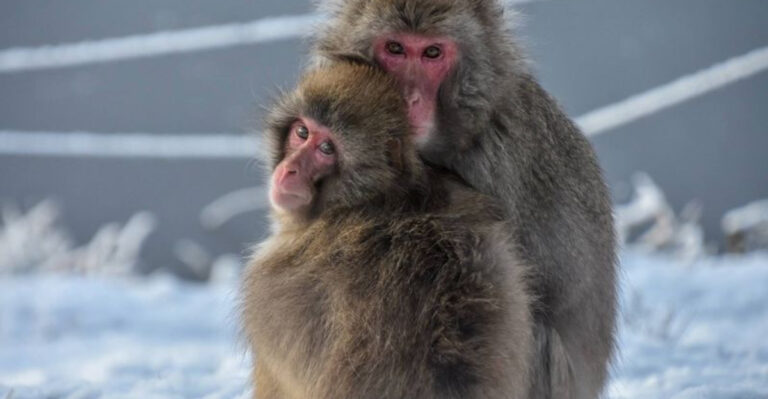9 Horse Breeds Prone To Aggression And How To Handle Them
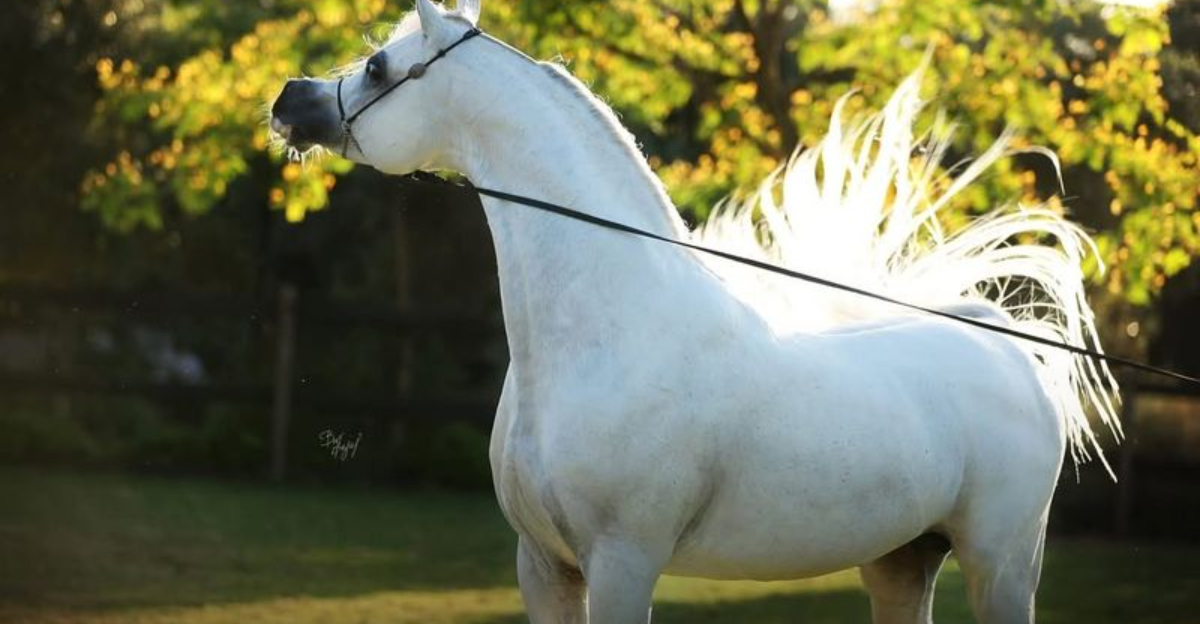
Understanding horse breeds that can exhibit aggressive behaviors is essential for equestrians and horse lovers. While horses are generally gentle creatures, certain breeds may sometimes showcase aggression due to various reasons such as temperament, environment, and handling.
Knowing how to effectively manage these breeds ensures safety and harmony for both the horse and its handler.
1. Belgian Draft
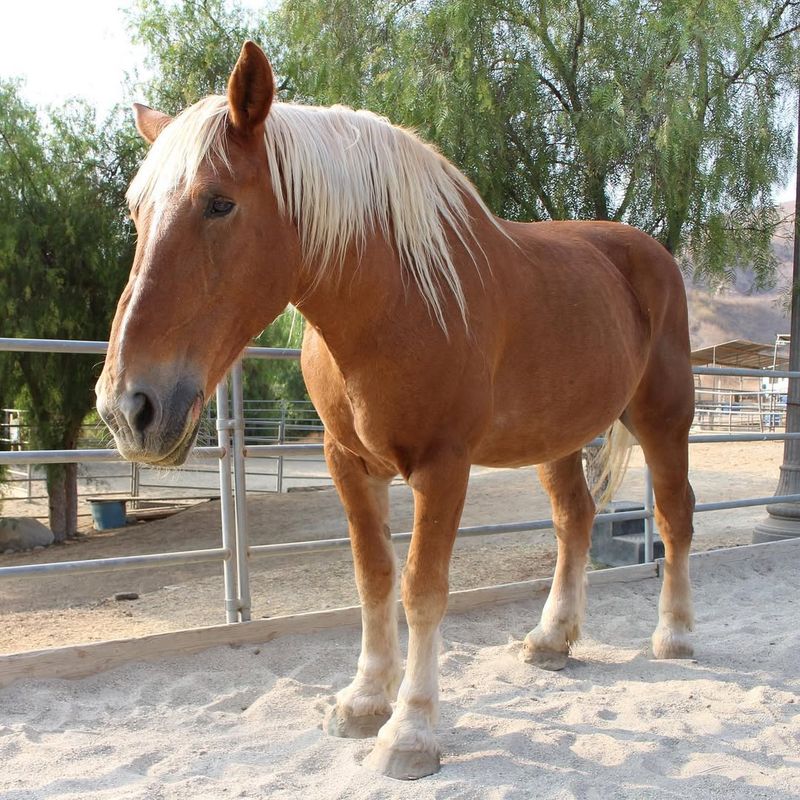
Belgian Drafts are powerful and gentle giants, yet they can exhibit aggression if provoked. Their immense strength requires respectful handling.
When feeling threatened or uncomfortable, they might react defensively. Ensure they have enough space and a comfortable environment to reduce stress. Regular training sessions with positive reinforcement can help in managing their temperament.
2. Friesian
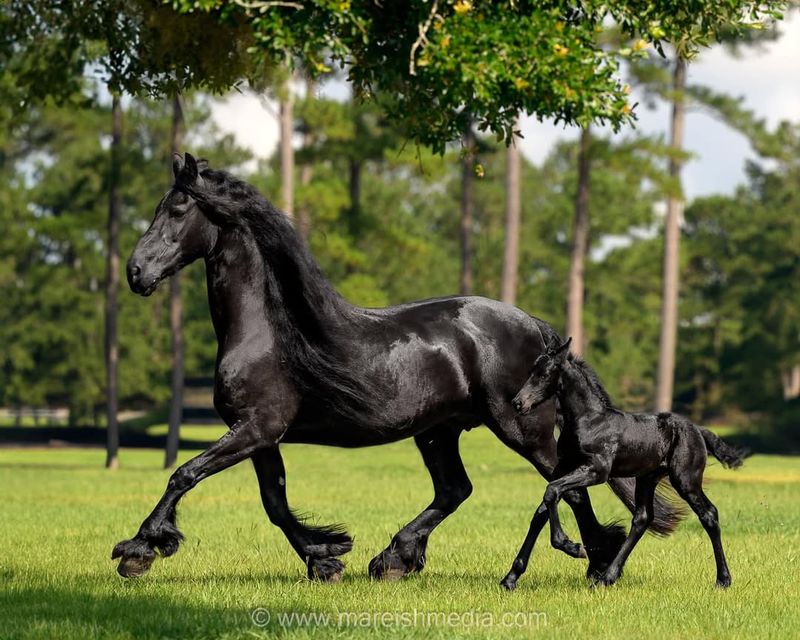
Friesians are known for their elegance and intelligence, but they can display aggression if not properly trained. Their spirited nature requires consistent boundaries.
To handle a Friesian, engage in regular training with a focus on groundwork to build trust. Avoid harsh corrections as they are sensitive to intimidation. Patience and understanding help in managing their fiery disposition.
3. Clydesdale
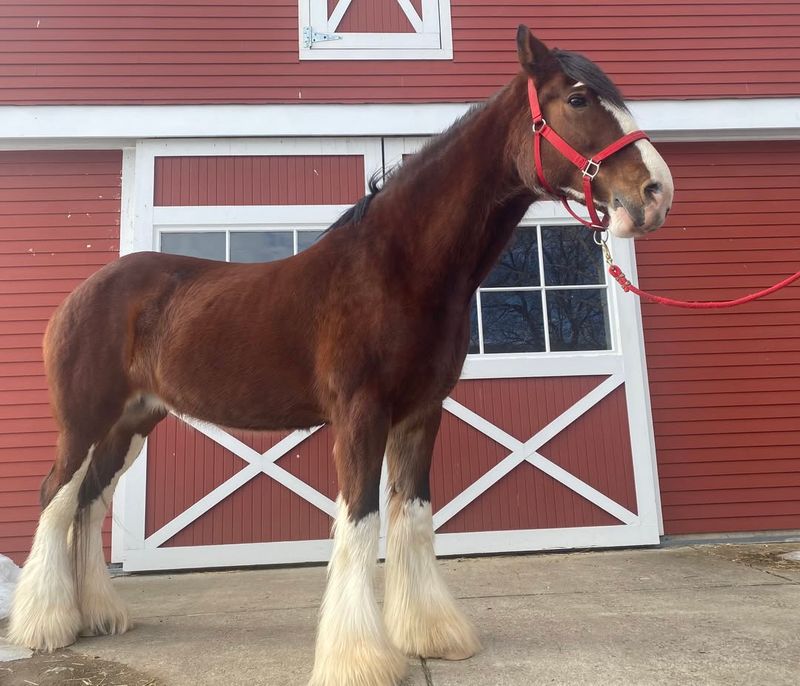
Clydesdales are iconic for their size and gentle demeanor, but can become aggressive if mishandled. Their social nature means they thrive on interaction.
Ensure they are not isolated for long periods, as loneliness can lead to frustration. Regular socialization with humans and other horses is beneficial. When handling a Clydesdale, maintaining a calm, authoritative presence is key.
4. Mustang
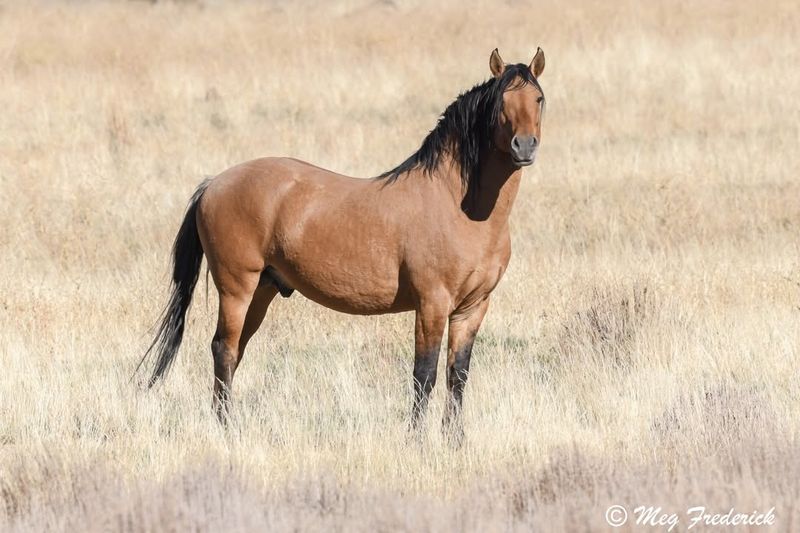
Mustangs, with their free-spirited nature, can show aggression when they feel trapped. Their history in the wild makes them wary of confinement.
Providing them with ample space to roam and exercise is crucial. Establish trust through patient, gentle handling rather than forceful methods. Building a relationship based on respect and understanding is essential.
5. Akhal-Tekke

Akhal-Tekkes are known for their endurance and independence, sometimes displaying aggression if their energy is not properly channeled.
Regular, vigorous exercise is key to managing their spirited nature. Engage them in varied activities to prevent boredom.
They respond well to gentle, consistent training. Avoid punitive measures, as this can make matters worse.
6. Arabian

Arabians are celebrated for their stamina and intelligence, but can be headstrong and occasionally aggressive.
Their spirited nature benefits from a structured routine and clear boundaries. Engage them in mentally stimulating tasks to channel their energy positively.
Building trust with an Arabian requires patience and consistency. A calm and firm approach helps in managing their fiery temperament without instilling fear.
7. Thoroughbred

Thoroughbreds are known for their speed and agility, but their competitive nature can lead to aggression, especially in high-pressure environments.
Providing a balanced routine that includes both rest and exercise helps manage stress levels. Consistent, gentle training is key.
Understanding their need for excitement and channeling it through positive outlets prevents behavioral issues. Supportive handling fosters trust and cooperation.
8. Shire
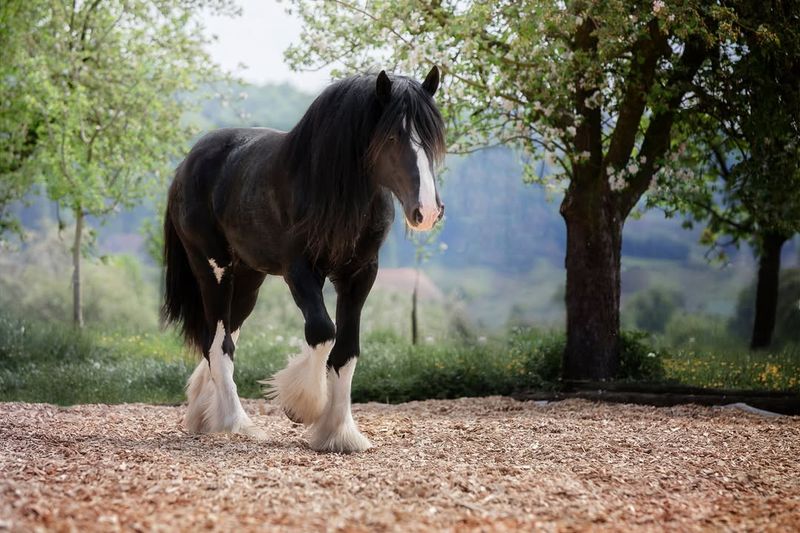
Shires, despite their immense size and strength, are generally gentle. However, improper handling can lead to aggressive behavior.
They require clear, consistent guidelines to feel secure. Regular interaction and exercise are crucial to maintaining their well-being. Positive reinforcement training works well, ensuring they remain calm and responsive.
9. Percheron
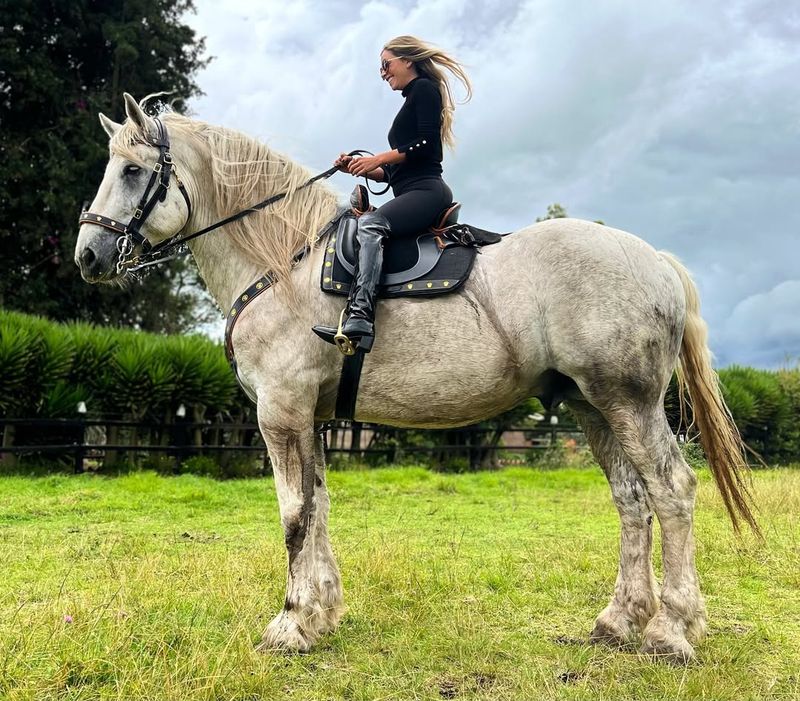
Percherons are valued for their strength and willingness to work, but can become aggressive if overworked or stressed.
Providing ample rest breaks and a balanced workload is essential. They thrive on routine and clear communication.
Handling should be firm but gentle, with an emphasis on understanding their limits. Regular health checks ensure they remain fit and content, reducing stress-related aggression.


